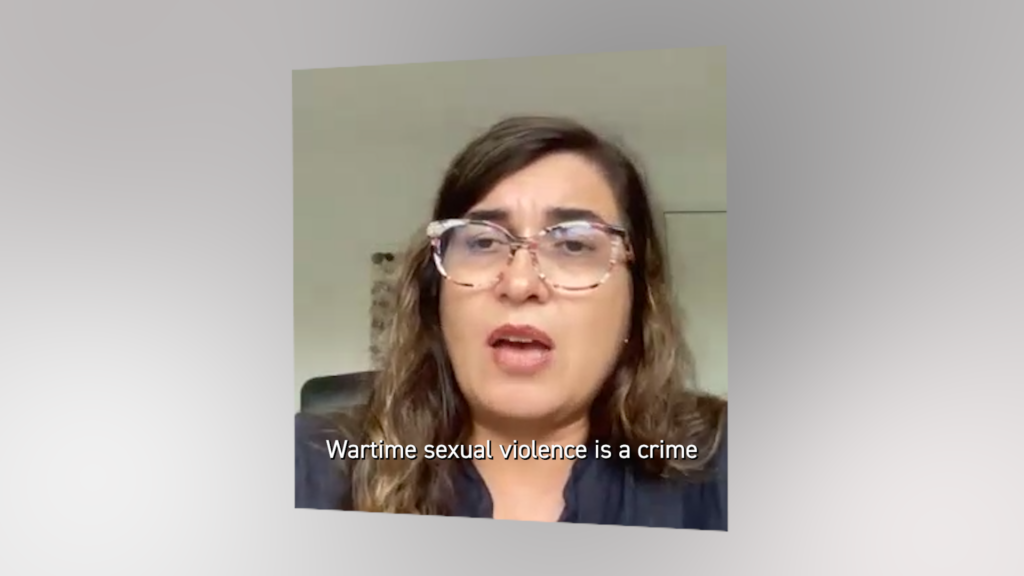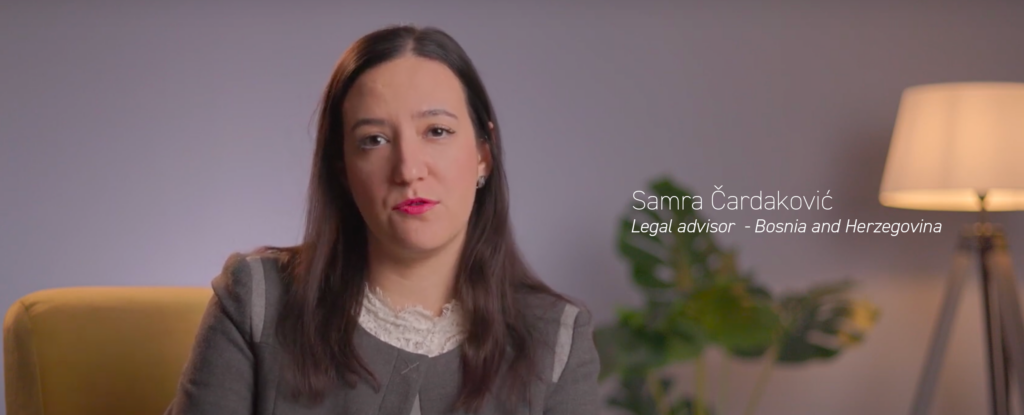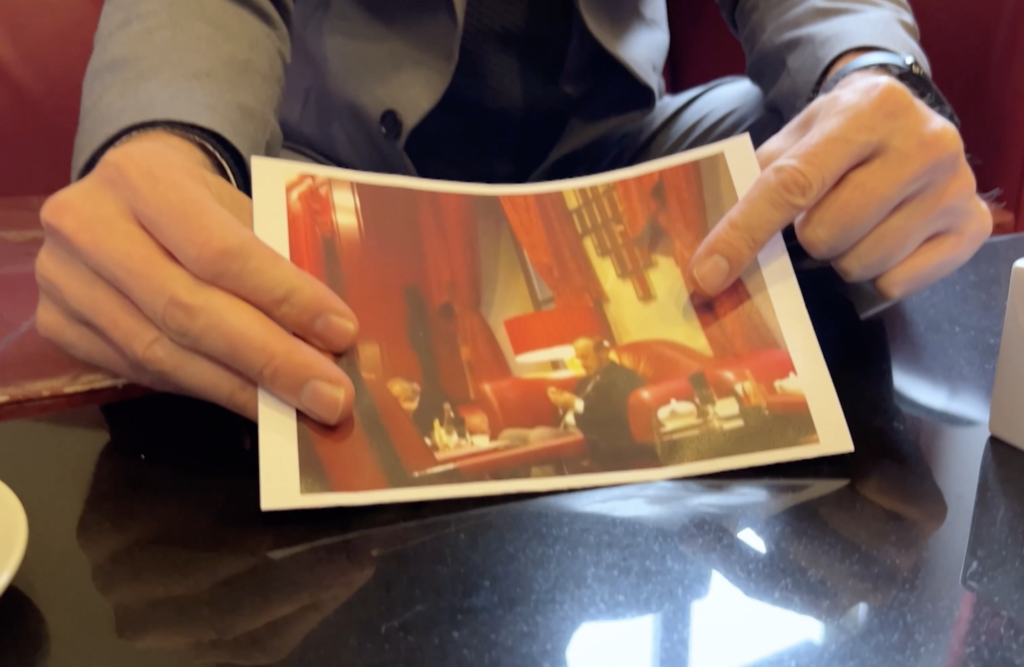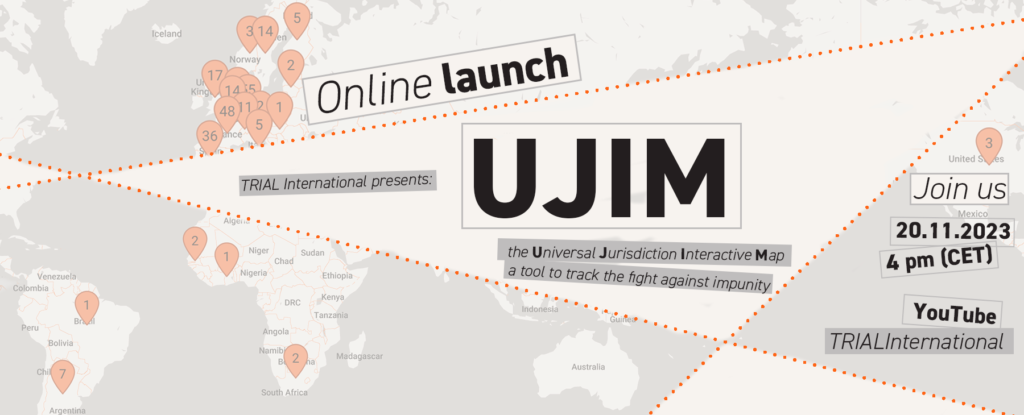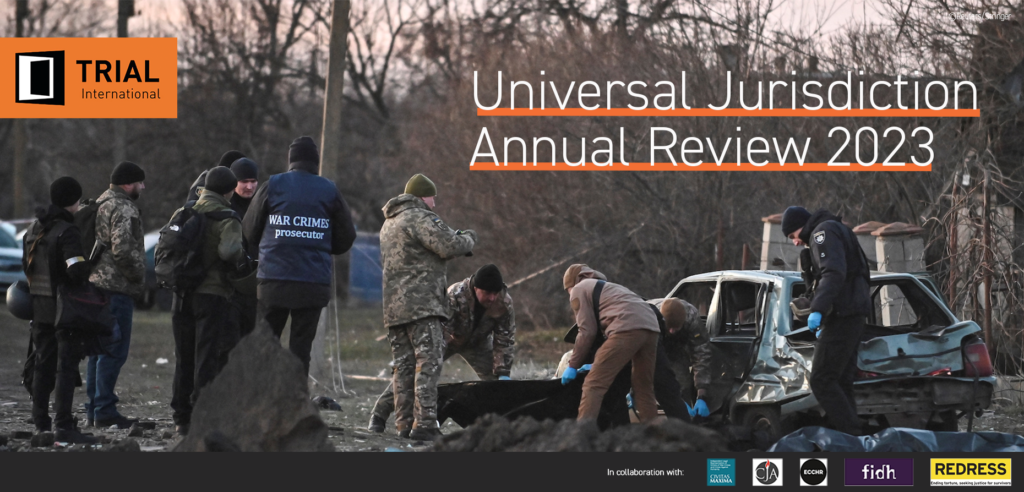So much more than money: compensation is about closure and self-worth
A TRIAL International report compiles wartime survivor testimonies on compensation, emphasizing the need for a more inclusive support framework in Bosnia and Herzegovina.
Under international law, victims of international crimes have the right to receive redress for the harm they have suffered. In BiH, the state has no established system of reparations, so victims must pursue compensation in criminal and civil court. Unfortunately, problems such as the lack of free legal aid and of a fully established psychological support system prevent many victims from accessing this right
With over 8 years’ experience in victim representation, TRIAL International in BiH is proud to issue its report Compensating Survivors in Criminal Proceedings: Perspectives from the Field.
The publication seeks to understand compensation from the victims’ perspective, highlighting the benefits of compensation and the hurdles victims face to access them. For 4 months, TRIAL’s staff conducted interviews with survivors, psychologists, social workers, legal professionals, government officials, academics and NGO representatives.
“Reparations are such a complex and multi-layered topic that only a multidisciplinary approach could capture the breadth of survivors’ experiences”, says author of the publication and TRIAL Fellow, Kyle Delbyck.
Survivors’ active role crucial to their closure
Victims interviewed for the report overwhelmingly stated that compensation proceedings, far from matter of money, are a way to retake control of the trauma they have experienced and finally close that chapter of their lives. For some victims, it will be their first and only opportunity to tell their stories before a court and describe their claims in their own words.
Criminal hearings call victims as witnesses, to provide answers to specific questions. They have little time to reflect on their own experiences. Their testimony can be challenged, sometimes harshly, by the Defense during cross-examination. As a result, many victims leave the courtroom hurt and disappointed.
Compensation proceedings, on the other hand, are staged around and for the victim. They are able to give opening and closing statements, present evidence, call witnesses, etc. “The victim gets an opportunity to actively participate in the proceedings and present her requests, creating the sense that she is not only a procedural instrument,” explains Nedzla Sehic, a lawyer representing sexual violence survivors in compensation claim cases.
This active role can be instrumental to closure and help victims regain a sense of control over their own lives. “It is a sign for them that they are no longer in the position of a survivor who just waits”, says Director of NGO Medica Zenica, Sabiha Husic.
Using victims’ voices to foster change
TRIAL’s report also analyzes different avenues through which victims can obtain justice, and these mechanisms’ respective limits. In the absence of a comprehensive, state-wide compensation scheme, survivors are left to navigate the judicial system the best they can. Many of them will never access reparations.
By sharing good practices and highlighting loopholes, the report is both an advocacy and a capacity-building tool. “We hope that this report will promote policymaking, so that even the most vulnerable survivors are able to obtain redress”, concludes Selma Korjenic, Head of the BiH program.
Read the report
Read more on TRIAL’s successes with victim compensation



